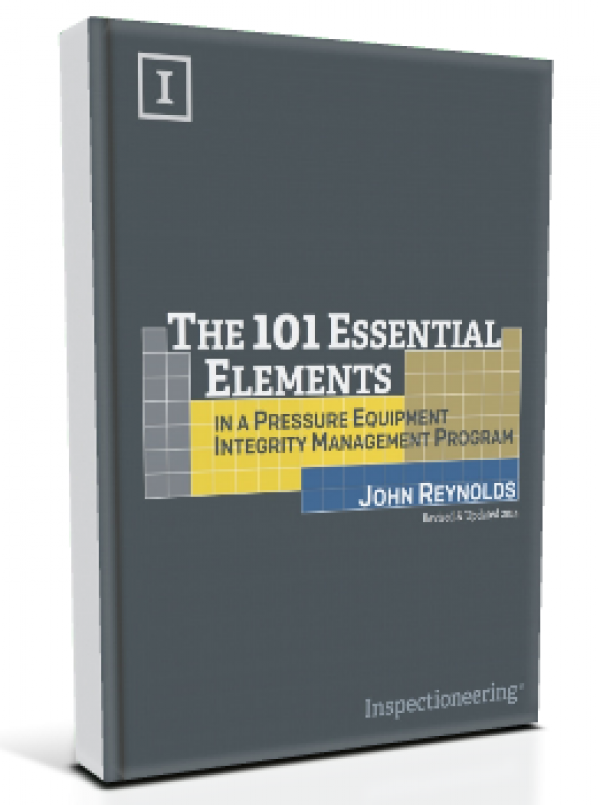Hydrogen Stress Cracking is a form of Hydrogen Embrittlement that occurs when corrosion from acids like wet hydrogen sulfide and hydrofluoric acid cause atomic hydrogen to penetrate hardened or higher strength steels and cause stress cracking. This penetration can lead to the brittle fracture of materials that are normally ductile when hydrogen happens to be present in their environment.
How fast the hydrogen penetrates into the metal depends on the temperature and pressure of the atmosphere in which the component is located. Hydrogen stress cracking can affect several different types of metals such as high strength structural, carbon, and low alloy steels, along with titanium, nickel, and aluminium alloys. Ferritic stainless steels, on the other hand, tend to be fairly resistant to hydrogen stress cracking due to their comparatively low hardness.
Zones of high hardness and areas where steels and weldments contain high amounts of residual hardening elements are more susceptible to hydrogen stress cracking. If a component already has a crack, it is possible for hydrogen stress cracking to begin at the already existing crack.
Because hydrogen stress cracking is nearly always a surface phenomena, most typical surface NDE techniques are sufficient to find such cracking. Many times the cracks can be clearly visible to the naked eye, especially those cracks that transverse across the weld cap. This is primarily what differentiates hydrogen stress cracking from other forms of Hydrogen Embrittlement which tend to harm the equipment internally rather than externally.
To better avoid hydrogen stress cracking, one should preheat or perform post weld heat treatments (PWHT) on equipment at sufficiently high temperatures to reduce hardness and the corresponding strength of weldments. It can also be prevented by controlling the stress level of the equipment in question to make sure the stress does not reach unsafe levels. Finally, removing hydrogen from the surrounding environment or moving the equipment to an environment without hydrogen should also help prevent this form of degradation from occurring.
Related Topics
- Brittle Fracture
- Carburization
- Cavitation
- CO2 Corrosion
- Cooling Water Corrosion
- Corrosion Fatigue
- Corrosion Under Insulation (CUI)
- Cracking
- Decarburization
- Embrittlement
- Erosion Corrosion
- Fatigue (Material)
- Flue Gas Dew Point Corrosion
- Graphitization
- Green Rot
- High Temperature Hydrogen Attack (HTHA)
- High-Temperature Creep
- Hydrochloric (HCl) Acid Corrosion
- Hydrofluoric (HF) Acid Corrosion
- Hydrogen Embrittlement
- Liquid Metal Embrittlement (LME)
- Metal Dusting
- Microbiologically Influenced Corrosion (MIC)
- Naphthenic Acid Corrosion (NAC)
- Phosphoric Acid Corrosion
- Pitting Corrosion
- Spheroidization (Softening)
- Stress Assisted Corrosion
- Sulfidation Corrosion
- Sulfuric Acid Corrosion
- Thermal Fatigue
- Vibration-Induced Fatigue
- Wet H2S Damage
Relevant Links
Topic Tools
Share this Topic
Contribute to Definition
We welcome updates to this Integripedia definition from the Inspectioneering community. Click the link below to submit any recommended changes for Inspectioneering's team of editors to review.
Contribute to Definition



















